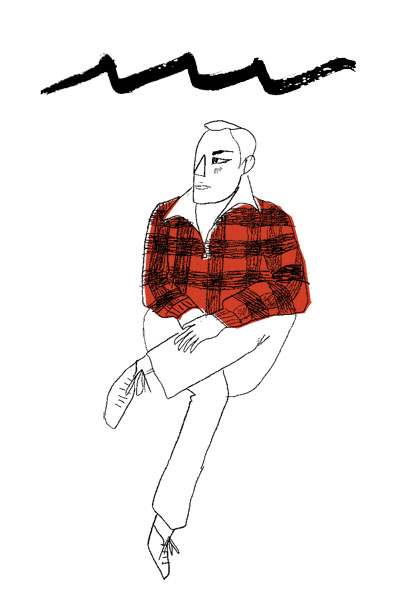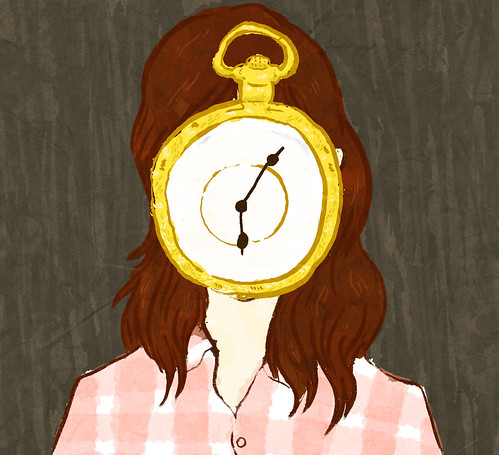I remember how I became a writer.
It was a couple weeks into my first college level literature class, the topic of which was modernist poetry. I had been confounded by Ezra Pound's lines: "The apparition of these faces in the crowd;/ Petals on a wet, black bough." Why was there no explanation, no dramatic sweeping declaration of love and/or death? It was up to me, and only me to understand these scant 14 words--and I was surprised at how much I enjoyed the intrigue.
Then there was William Carlos Williams and ee cummings (and MANY wonderful others). For the first time I was reading poetry that resonated with me as a human being. The mundane, the broken, the lustful, the anger and outrage, the grit and fists and dimension of the language--to me--it blew Shakespeare, Tennyson, and Poe out of the water (I like to envision it like a game of Battleship).
So after class, I went out to my car, found a scrap of paper and described something I had seen that day. Something simple but that I couldn't get out of my head. Of course, I had written other poems, diddies with ABAB rhyme schemes about a blue-eyed love--but I had never written an honest poem about something that existed in my reality.
I wish, for the sake of symbolism and nostalgia, I still had those lines, but like many other things I've written and forgotten, it was the act itself, not the product, that mattered.
Though I have read and loved many other writers since that time, the modernists will always be where it began for me--how I learned to relate to the world as a poem and write poetry that others relate to.
In parting, I'll leave you with my favorite WCW poem:
To Elsie
The pure products of America
go crazy--
mountain folk from Kentucky
or the ribbed north end of
Jersey
with its isolate lakes and
valleys, its deaf-mutes, thieves
old names
and promiscuity between
devil-may-care men who have taken
to railroading
out of sheer lust of adventure--
and young slatterns, bathed
in filth
from Monday to Saturday
to be tricked out that night
with gauds
from imaginations which have no
peasant traditions to give them
character
but flutter and flaunt
sheer rags-succumbing without
emotion
save numbed terror
under some hedge of choke-cherry
or viburnum-
which they cannot express--
Unless it be that marriage
perhaps
with a dash of Indian blood
will throw up a girl so desolate
so hemmed round
with disease or murder
that she'll be rescued by an
agent--
reared by the state and
sent out at fifteen to work in
some hard-pressed
house in the suburbs--
some doctor's family, some Elsie--
voluptuous water
expressing with broken
brain the truth about us--
her great
ungainly hips and flopping breasts
addressed to cheap
jewelry
and rich young men with fine eyes
as if the earth under our feet
were
an excrement of some sky
and we degraded prisoners
destined
to hunger until we eat filth
while the imagination strains
after deer
going by fields of goldenrod in
the stifling heat of September
Somehow
it seems to destroy us
It is only in isolate flecks that
something
is given off
No one
to witness
and adjust, no one to drive the car




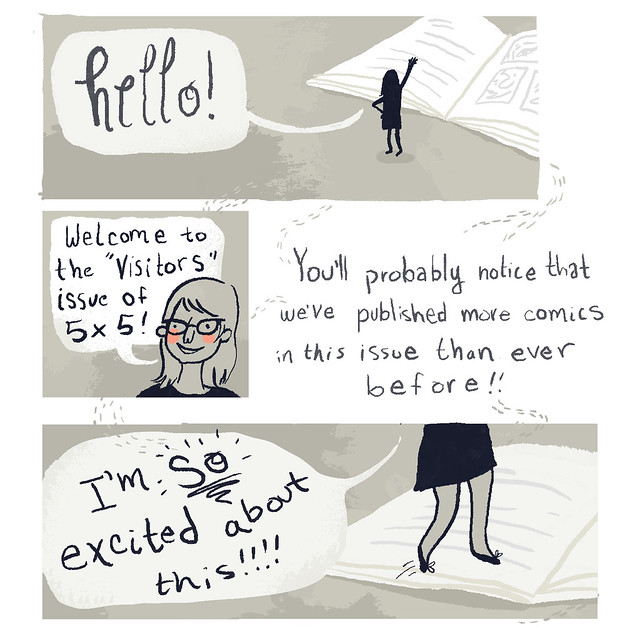
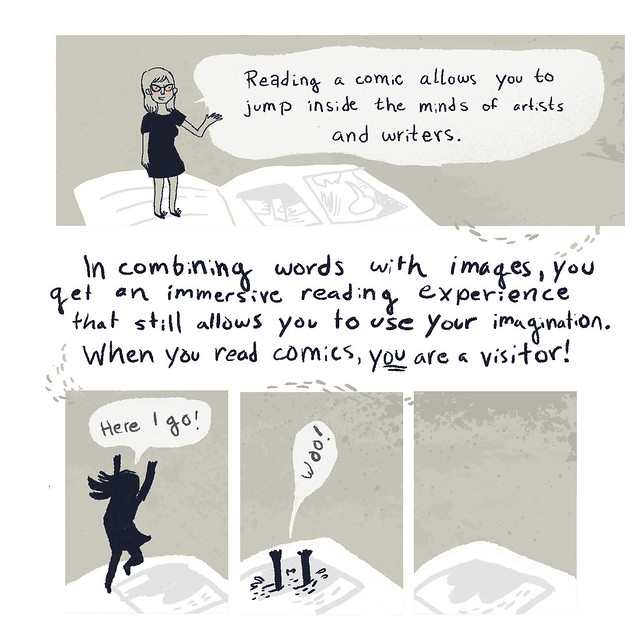

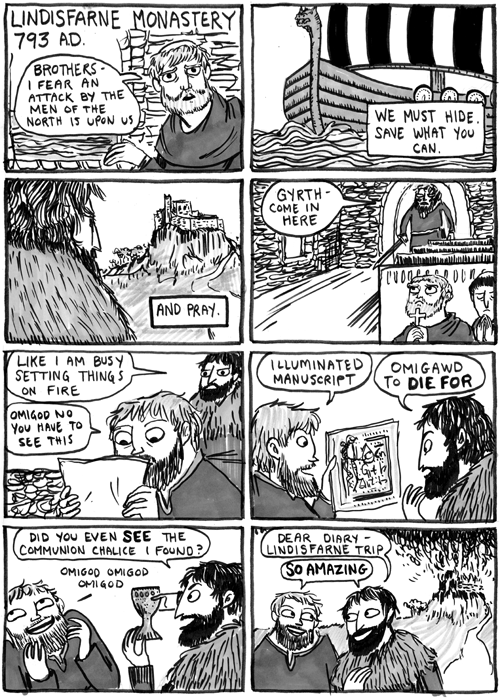






 ">
">